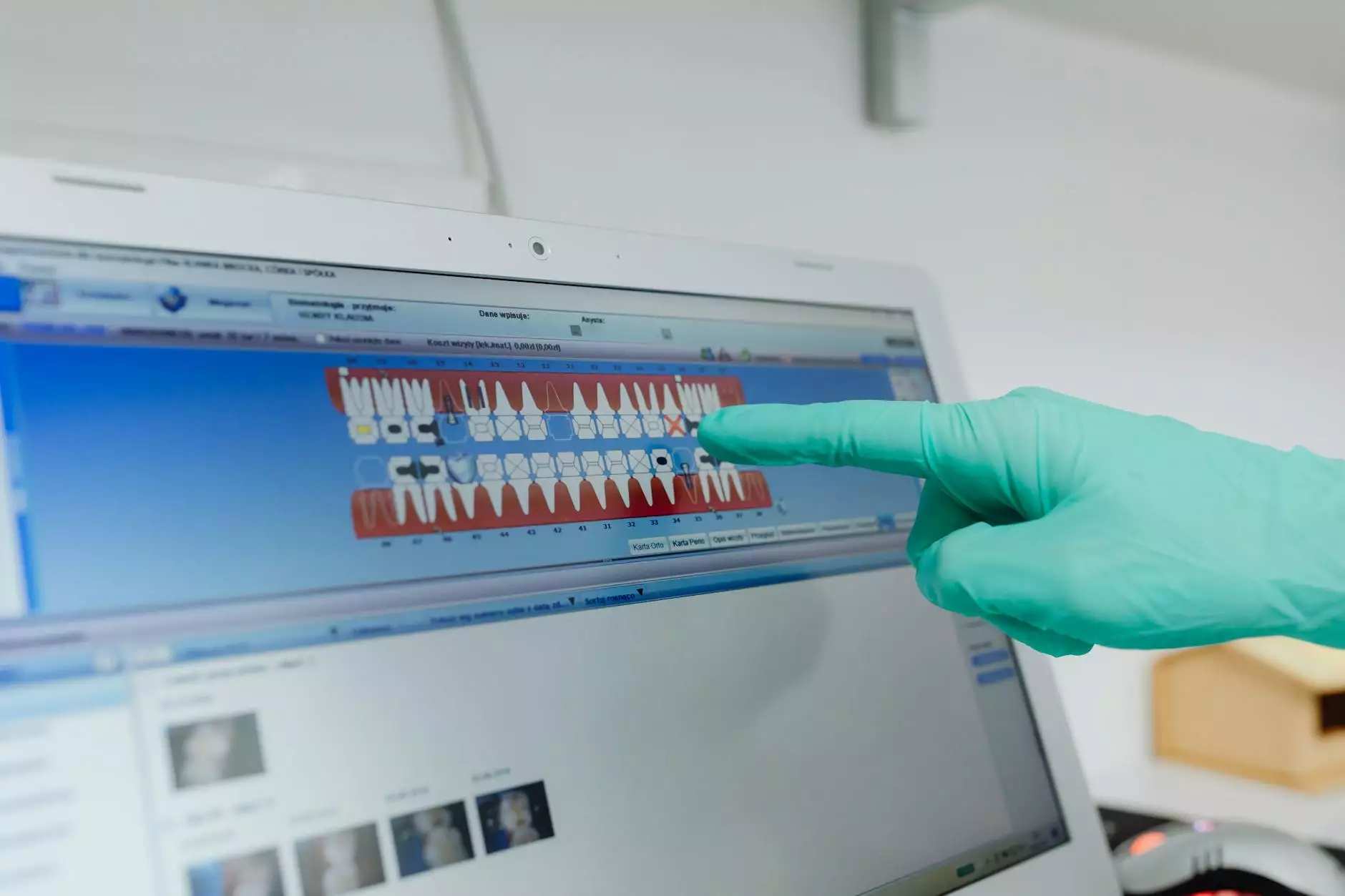The Ultimate Guide to Refrigeration Equipment for Businesses

In today's competitive market, having the right refrigeration equipment for your business is essential. Whether you own a grocery store, restaurant, or pharmaceutical company, maintaining product quality and safety through effective temperature control can make or break your success. In this comprehensive guide, we will explore everything you need to know about refrigeration equipment, its benefits, and how to choose the right solutions for your specific needs.
Understanding Refrigeration Equipment
Refrigeration equipment is designed to remove heat from a designated area to maintain a cold environment. This is critical for preserving perishable goods and ensuring compliance with health regulations. There are various types of refrigeration equipment that serve different purposes, and understanding these can help you make informed decisions for your business.
Types of Refrigeration Equipment
Here are some common types of refrigeration equipment used in various industries:
- Commercial Refrigerators: These are essential for grocery stores and restaurants, used to store perishable items like vegetables, meats, and dairy products.
- Deep Freezers: Ideal for long-term storage of frozen goods, deep freezers maintain extremely low temperatures to preserve food quality.
- Walk-in Coolers: These large units are perfect for businesses that require substantial cold storage space, such as supermarkets and cold storage warehouses.
- Display Refrigerators: Used in retail, these refrigerators allow customers to view products while keeping them at optimal temperatures.
- Blast Freezers: These are used to quickly freeze products to minimize ice crystal formation, ideal for restaurants and catering businesses.
Benefits of Using Quality Refrigeration Equipment
Investing in high-quality refrigeration equipment is crucial for any business that deals with perishable goods. Here are some of the key benefits:
1. Enhanced Food Safety
One of the primary reasons for using refrigeration equipment is to ensure food safety. Proper temperature control helps to prevent the growth of harmful bacteria, which can lead to foodborne illnesses. By investing in reliable refrigeration solutions, businesses can significantly reduce the risk of spoilage and maintain customer trust in their products.
2. Increased Shelf Life
Quality refrigeration effectively extends the shelf life of perishable goods. By maintaining optimal storage temperatures, businesses can reduce waste and improve their bottom line. This is particularly important in industries such as food retail and pharmaceuticals, where product turnover is vital.
3. Energy Efficiency
Modern refrigeration equipment is designed with energy efficiency in mind. By using advanced insulation materials, energy-saving compressors, and other technologies, businesses can reduce their energy consumption. This not only lowers utility costs but also contributes to a more sustainable environment.
4. Improved Product Quality
By maintaining consistent and appropriate temperatures, refrigeration equipment protects the quality of products. For instance, fruits and vegetables retain their freshness longer, while meats stay tender and flavorful. This quality assurance can set your business apart from competitors.
5. Compliance with Regulations
In many industries, adhering to regulatory standards is non-negotiable. Proper refrigeration is often a requirement for food handling and storage, ensuring that businesses comply with local health regulations and avoid costly fines.
Choosing the Right Refrigeration Equipment
When it comes to selecting refrigeration equipment for your business, several factors must be considered. Making the right choice will depend on your specific needs, available space, and budget.
1. Assess Your Needs
Before purchasing refrigeration equipment, it's essential to assess your specific needs. Consider the types of products you will be storing and their temperature requirements. For instance, dairy products may need a different cooling temperature compared to frozen goods.
2. Evaluate Available Space
Understanding the layout of your business is crucial for effective refrigeration. Measure the available space for refrigeration units to ensure a proper fit. Also, consider accessibility for loading and unloading products.
3. Energy Efficiency Ratings
Look for refrigeration equipment with high energy efficiency ratings. This can help reduce utility costs and minimize your business's carbon footprint. The initial investment might be higher, but the long-term savings can be significant.
4. Consider Maintenance Needs
All refrigeration units require maintenance to operate efficiently. Consider the maintenance requirements of different models and whether you have the resources to meet those needs. Investing in equipment that is easy to maintain can save you time and money in the long run.
5. Understand Warranty and Support
Choose equipment from reputable manufacturers that offer warranties and reliable customer support. This ensures you receive assistance if any issues arise and protects your investment.
Innovations in Refrigeration Technology
The refrigeration industry has seen significant technological advancements in recent years. Staying informed about these innovations can help businesses improve efficiency and product quality.
1. Smart Refrigeration Systems
Smart refrigeration technology allows businesses to monitor equipment in real-time through IoT-enabled devices. These systems can send alerts for temperature fluctuations, ensuring immediate action is taken before products are compromised.
2. Eco-Friendly Refrigerants
As environmental concerns grow, the use of eco-friendly refrigerants is becoming more common. These refrigerants have a lower impact on ozone depletion and global warming, making them a sustainable choice for businesses.
3. Modular Refrigeration Solutions
Modular refrigeration systems allow for flexible expansion as business needs grow. These flexible solutions enable businesses to add additional units without extensive renovations, making them an ideal choice for rapidly expanding operations.
Conclusion
In conclusion, investing in high-quality refrigeration equipment is essential for businesses in any industry that handles perishable goods. Not only does it enhance food safety and product quality, but it also promotes energy efficiency and regulatory compliance. By carefully assessing your needs and considering the latest innovations in refrigeration technology, you can choose the right solutions that will help your business thrive.
For more information and to explore a wide range of refrigeration equipment, visit First Cold Chain today. Equip your business with the tools it needs to succeed in a competitive market and ensure the highest standards for your products!
https://www.first-coldchain.com/








